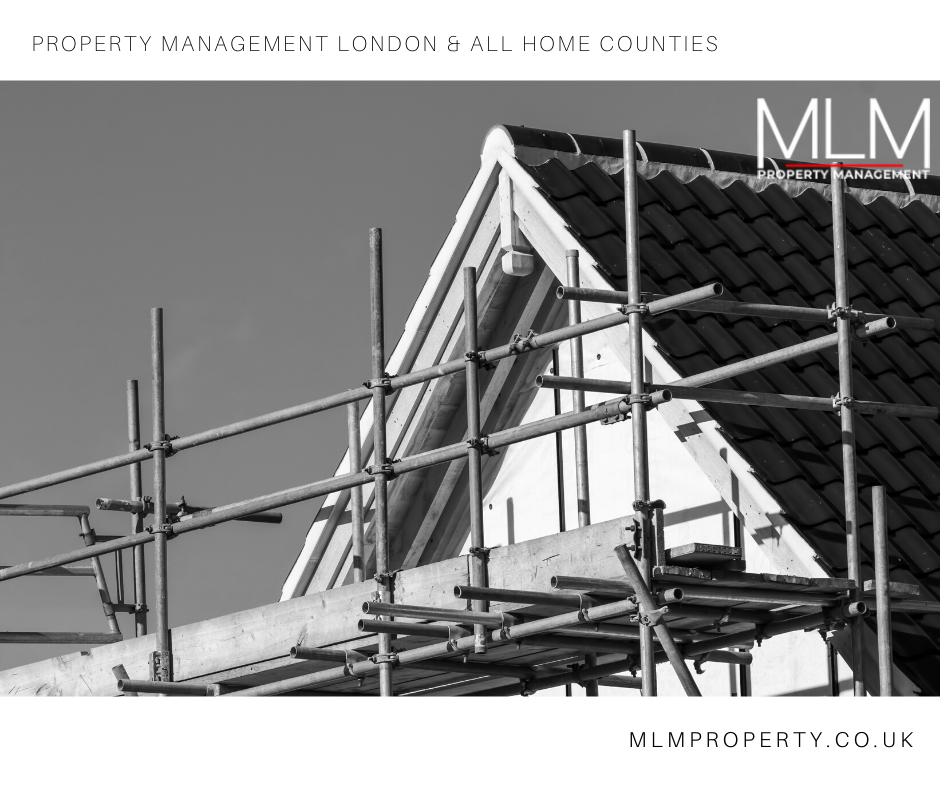
Before you decide to hire a property management company, you must know the kinds of tasks they work on, and how they focus on things like tenant disputes and rent collection. The following points will cover the basic responsibilities of property managers:
Handle Marketing and Leasing
When you hire a management company for the first time, they will need to do an initial walkthrough of your home, something which may include recommendations on things you should update or repair to improve its chances. The recommendations are there to improve your home, making sure you can attract better tenants and reduce long vacancies. There may be a need for crucial repairs to bring the home to comply with regulations, such as smoke alarms and door locks, so keep that in mind as well.
There should be examples of the types of photos the management company may use on their website. The photos should showcase the rooms with good lighting, allowing potential tenants to explore them without setting foot inside. Property management companies must also have skills in setting the right amount of rent for the area. Good companies are running rental analyses that break down what the home must rent for and the reasons behind that.
Selecting and Screening Your Tenants
Property managers are there to also screen prospective tenants. This means they will run credit checks, background checks, rental reference checks and so forth. This helps find the best tenants for your property. Some companies will choose the best from a handful of applicants, while others go for the first available candidate that fits the bill.
The more established management properties out there have written rental criteria when it comes to choosing tenants. This document is written down and it allows you, the owner and the tenants to see why they were chosen or not. It also decreases the chances of any claims of a Fair Housing violation if the property manager can point out the published criteria for application denial.
Collecting Rent and Handling Accounting
The management company will also be responsible for rent collection from your tenants. The companies will have a specified property accountant handling that role. They will be there to deal with the responsibilities and make sure that people are paying on time and enforce late fees if they must.
Should any tenants refuse to pay rent, then the company will be handling the eviction process as well. They will also handle the legal matters attached to that process. Once the rent is paid, they will also deduct the portion of the sum that goes to them for a management fee, the miscellaneous charges for repair fees and so forth. The remainder of the sum goes to you. Most companies will have a statement with the deposit that shows the expenses for every month.
Handling Maintenance
Property managers also handle the maintenance of all your properties. This means any initial repairs and the improvements necessary to get the property rent ready. They will have a list of trusted vendors used to handle the repair jobs. Some of those will also have a contractor's licence and may even operate their maintenance firms. They will have a process for maintenance requests in place, based on urgency. That allows them to handle things promptly and without any complications for you and the tenants.
Most of the property management firms out there have a process for tenants submitting maintenance requests, including for any potential emergencies that happen after hours. Depending on the company, those may be submitted over the phone or online through a maintenance portal.

 Log in with Facebook
Log in with Facebook 








